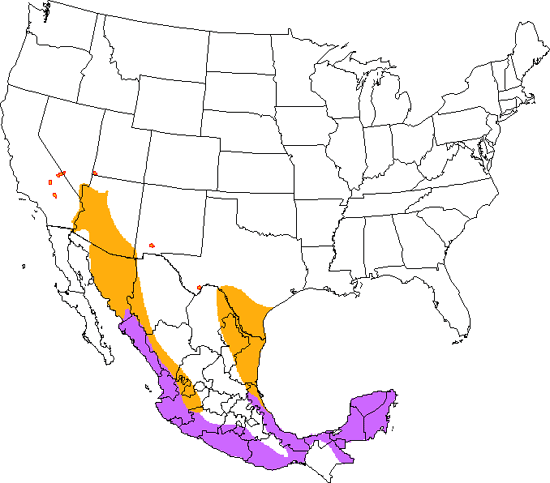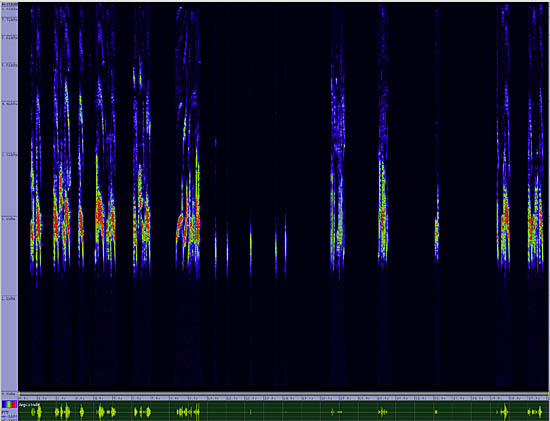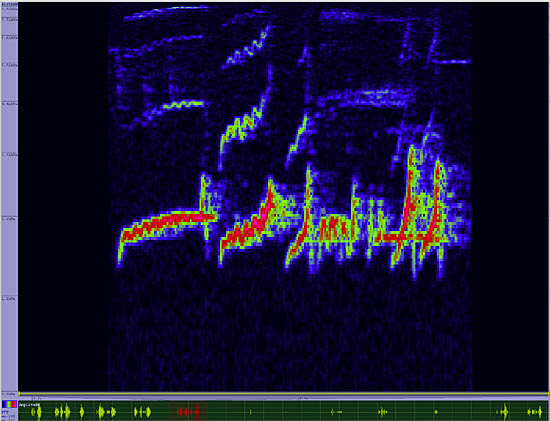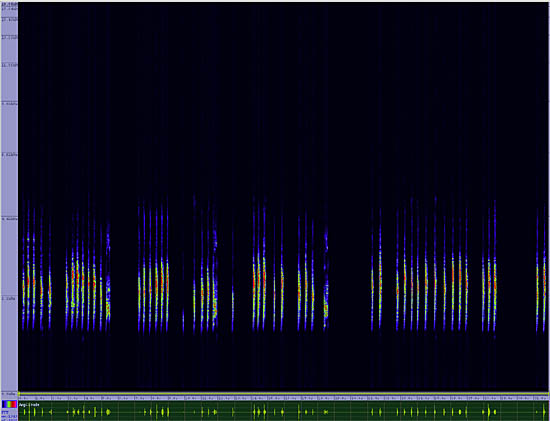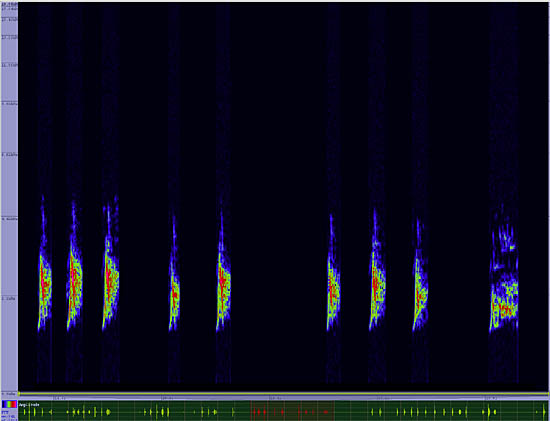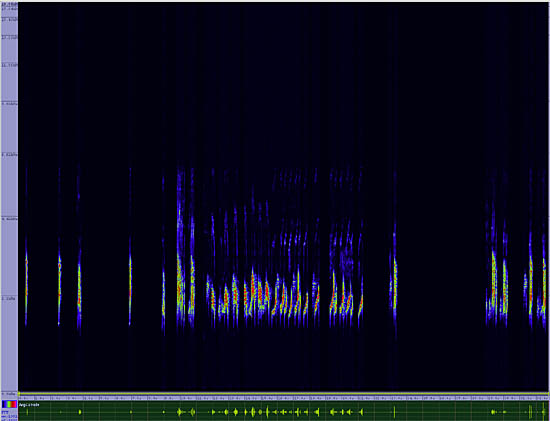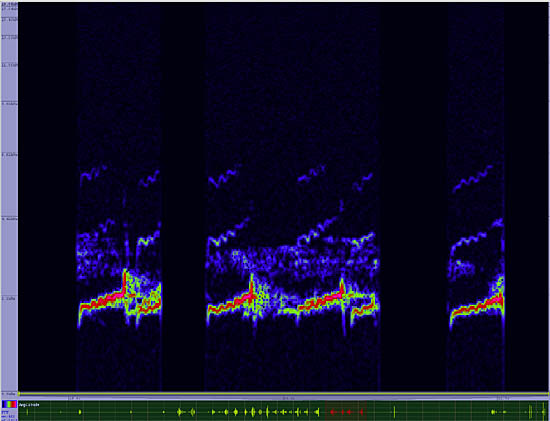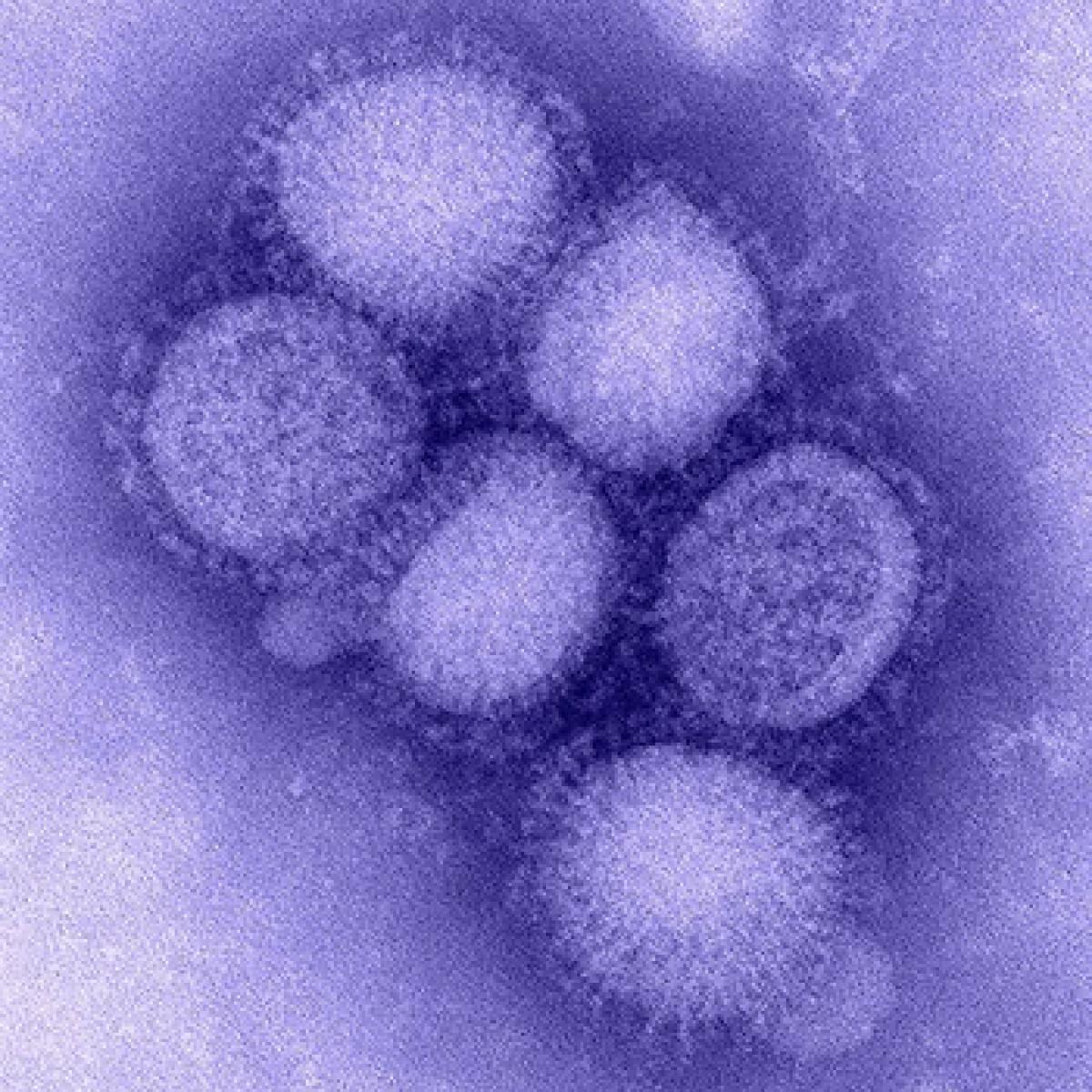Brown-crested Flycatcher
Myiarchus tyrannulus

Perching
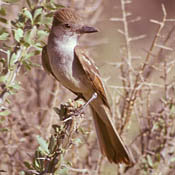
Length: 9 in. (22 cm )
This large flycatcher is extremely noisy and inhabits the canopy of riparian forest in desert areas. It hawks insects on the wing and has been know to eat hummingbirds as well. In the late summer and winter it eats more fruit. An aggressive species, it defends its territory against many other bird species. Its nest is in a natural tree cavity or old woodpecker hole in a Saguaro Cactus. The Brown-crested Flycatcher abandons its summer range earlier than most migrants, and by August has returned to Mexico.
The four-digit banding code is BCFL.
Bibliographic details:
- Article: Brown-crested Flycatcher
- Author(s): Dr. Biology
- Publisher: Arizona State University School of Life Sciences Ask A Biologist
- Site name: ASU - Ask A Biologist
- Date published: 13 Jul, 2017
- Date accessed: 28 July, 2025
- Link: https://askabiologist.asu.edu/activities/bird/brown-crested-flycatcher
APA Style
Dr. Biology. (Thu, 07/13/2017 - 15:36). Brown-crested Flycatcher. ASU - Ask A Biologist. Retrieved from https://askabiologist.asu.edu/activities/bird/brown-crested-flycatcher
Chicago Manual of Style
Dr. Biology. "Brown-crested Flycatcher". ASU - Ask A Biologist. 13 Jul 2017. https://askabiologist.asu.edu/activities/bird/brown-crested-flycatcher
MLA 2017 Style
Dr. Biology. "Brown-crested Flycatcher". ASU - Ask A Biologist. 13 Jul 2017. ASU - Ask A Biologist, Web. https://askabiologist.asu.edu/activities/bird/brown-crested-flycatcher
Be Part of
Ask A Biologist
By volunteering, or simply sending us feedback on the site. Scientists, teachers, writers, illustrators, and translators are all important to the program. If you are interested in helping with the website we have a Volunteers page to get the process started.



